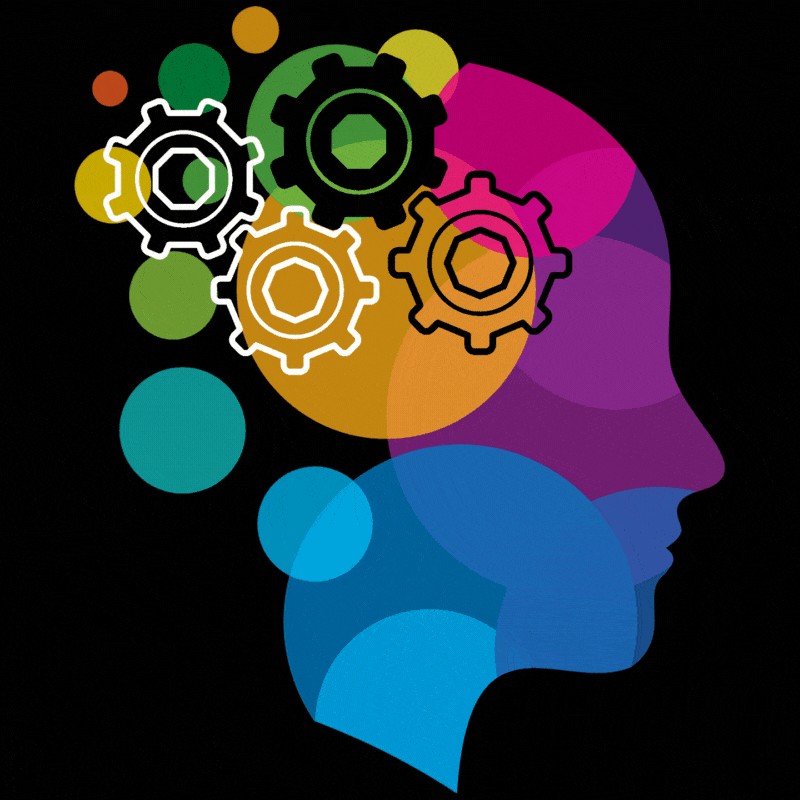Love addiction is an unhealthy attachment to romantic love. Love addicts can be toxic and abusive. Find out how to overcome love addiction in this guide.
ADDICTION

Alcohol Addiction

Drug Addiction

Nicotine Addiction

Sexual Addiction

Chronic Masturbation
WHAT IS ADDICTION?
Addiction is a brain disorder that makes people do things even though it is bad for them. They cannot stop doing it even if they want to. It usually affects the parts of the brain that control rewards, motivations, and memory. This causes changes in behaviour.



